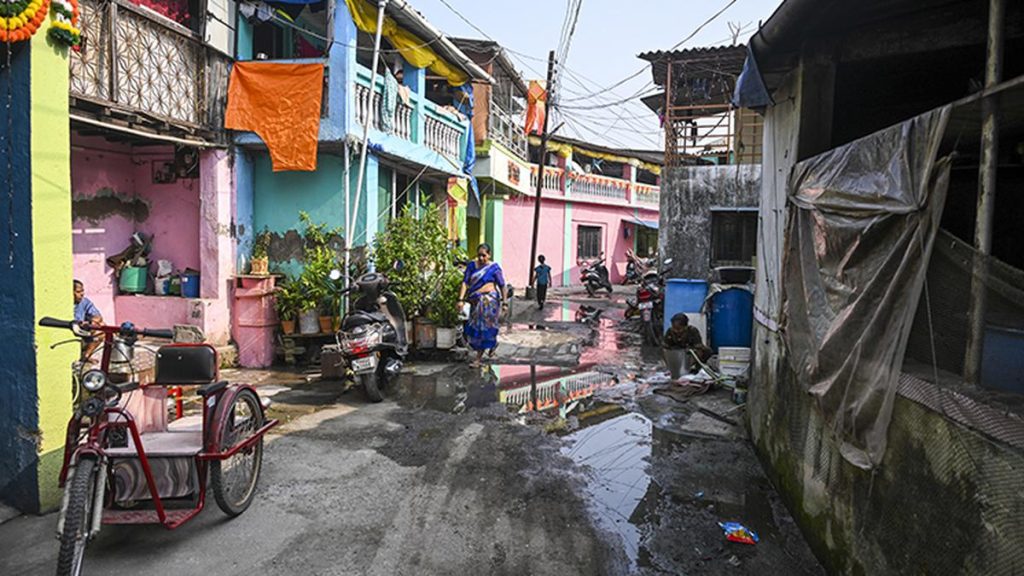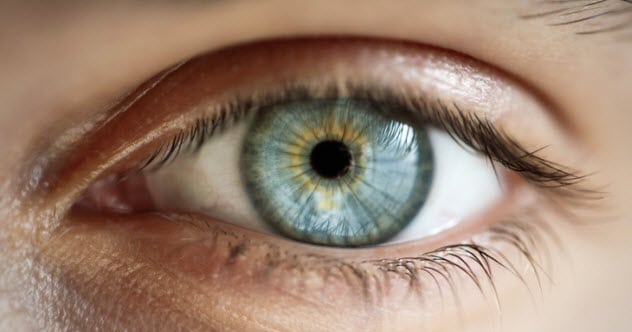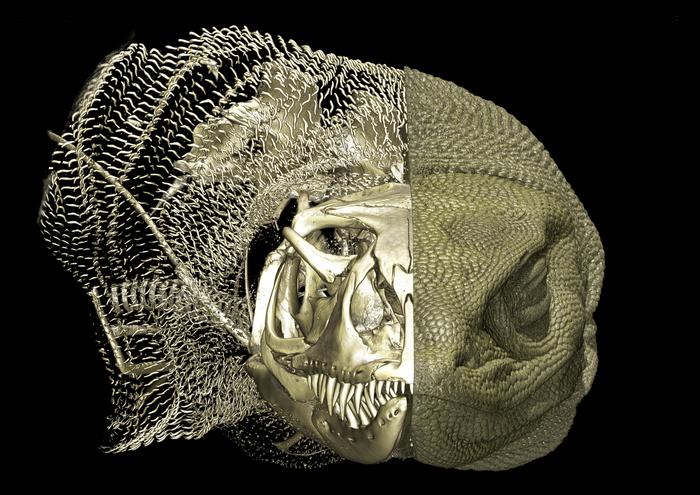Now Reading: Cancer Drugs Show Potential Breakthrough in Alzheimer’s Treatment
-
01
Cancer Drugs Show Potential Breakthrough in Alzheimer’s Treatment
Cancer Drugs Show Potential Breakthrough in Alzheimer’s Treatment

Quick Summary
- AlzheimerS Disease Statistics: Seven million people in the U.S. live with Alzheimer’s, with cases projected to triple by 2050. Existing FDA-approved medications manage symptoms but can’t cure or reverse the disease.
- Research Initiative: UC San Francisco and Gladstone Institutes explored whether already-approved drugs for other conditions might treat Alzheimer’s, focusing on reversing gene expression signatures associated with the disease.
- Methodology and Results:
– Researchers analyzed genetic data from deceased donors and compared it against drug effects catalogued in the connectivity Map database.
– Out of 1,300 drugs surveyed, two cancer drugs-letrozole (breast cancer) and irinotecan (colon/lung cancer)-were identified as promising candidates.
– Testing in mice revealed that combining these drugs improved neuronal health, reduced brain degeneration caused by toxic protein clumps, altered harmful gene expressions in neurons/glia, and restored memory functions.
- Clinical Implications: Researchers aim to move into clinical trials for potential human treatment soon based on computational tools validated by lab tests.
Indian opinion Analysis
The study introduces a novel approach to Alzheimer’s treatment through repurposing FDA-approved cancer drugs letrozole and irinotecan.This method leverages computational tools alongside pooled datasets from health records-a strategy that could considerably reduce drug advancement timelines. If successful in human trials, this innovation may address a critical global healthcare challenge affecting millions.
for India-where aging populations are steadily increasing-the implications could be substantial. The accessibility of repurposed medications might provide an economically viable solution compared to developing new treatments from scratch due to cost efficiencies associated with existing regulatory approvals.
Moreover, adopting such methods locally could push forward India’s efforts toward precision medicine research. As Alzheimer’s prevalence rises globally alongside lifespans increasing domestically too-it underscores India’s urgent need for collaborative high-data initiatives like this one to tackle neurodegenerative diseases comprehensively while mitigating long-term healthcare system strain.



























